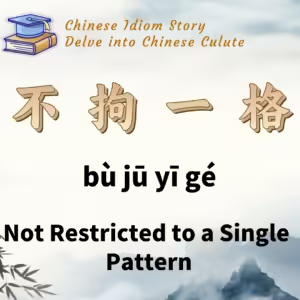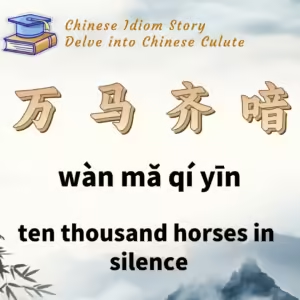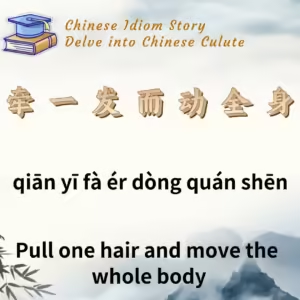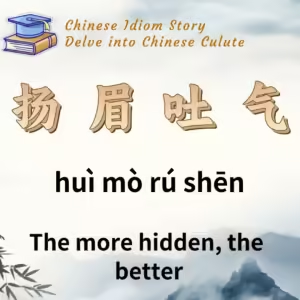
Chinese Idiom: 不拘一格 (Bu Ju Yi Ge)
English Translations: Not Restricted to a Single Pattern
pīn yīn: bù jū yī gé
Idiom Meaning: This idiom means not to be confined by a single standard or method, implying flexibility and openness to different approaches.
Historical Source: Miscellaneous Poems of the Jihai Year (《己亥杂诗 ·九州生气恃风雷》) by Gong Zizhen
Idiom Story:
Gong Zizhen, a renowned Qing dynasty poet and reformist, was born into a prestigious family in Zhejiang. His early talent in poetry led him to become a prominent poet by the age of twenty. His works often criticized the corruption of the Qing dynasty and reflected his patriotic fervor.
Around the age of twenty-seven, Gong Zizhen passed the imperial examination and held a minor official position. Despite his efforts, he was disillusioned by the pervasive corruption and darkness of the Qing bureaucracy. In 1839, during the Daoguang era, he resigned and returned to his hometown.
On his journey back from Beijing to Hangzhou, Gong Zizhen passed through Zhenjiang, where a grand festival was underway. The locals, recognizing him, requested a poem for the gods. Using his romantic and reformist style, Gong Zizhen composed the poem “九州生气恃风雷” (Nine Provinces Rely on Wind and Thunder), which highlighted the need for sweeping societal reform.
The poem’s concluding lines are: “我劝天公重抖擞,不拘一格降人才。” This translates to: “I urge the heavens to invigorate themselves and not be confined to one pattern in bringing down talent.”
The poem advocated for the need for major reforms and a break from conventional methods to bring forth new talents and ideas. Gong Zizhen’s call for flexibility and innovation in selecting talent led to the phrase “不拘一格” being used to express the idea of not being limited by a single standard.
Additionally, Gong Zizhen’s poem gave rise to the idiom “万马齐喑,” meaning a state of silence or suppression, reflecting the poem’s portrayal of the oppressive atmosphere of the time.






